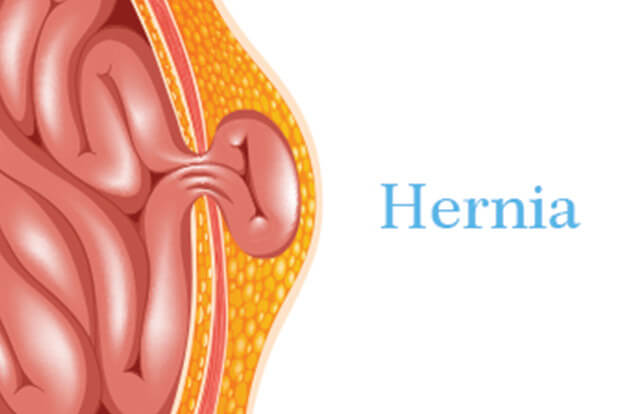Scientists identify new method to starve Lung Cancer
Fri 23 Oct 2015, 11:40:09

Toronto: Scientists have identified a new way to stop the growth of lung cancer cells, by blocking their ability to use alternative sources of nutrition.
The findings point to possible new avenues for treating lung cancer, which is the second most common cancer and accounts for over one-quarter of all cancer-related deaths.
The metabolism of cancer cells is very different from normal cells. Rapid proliferation means that cancer cells have increased energetic needs. This need is met using glucose (sugar) as the main source of nutrition.
Cancer cells use glucose at rates tens or even hundreds of times larger than that of normal cells. When glucose becomes scarce, however, cancer cells must switch to using alternative sources of nutrition to maintain their growth and survival.
A team of scientists from McGill University, Washington University in St Louis, ITMO University in Saint Petersburg, Russia, and the University of Bristol in the UK studied the response of cancer cells to reduced availability of glucose, the main fuel source for most cancer cells.
The group chose to experiment with one of the most common types of lung cancer – non-small cell lung cancer, which affects 85-90 per cent of all lung cancer victims. They found that some lung cancer cells change their food preferences – switching from glucose to the amino acid glutamine – when sugar
is scarce.
is scarce.
The researchers found that cancer cells use an enzyme known as PEPCK to reprogramme cancer cell metabolism. “Until recently, PEPCK has only been extensively studied in specialised tissues that make glucose, such as the liver,” said Emma Vincent, Research Associate at McGill University and lead author of the study.
“We found that some cancer cells also express PEPCK, and this confers to them the ability to convert glutamine into energy and building blocks to support their growth.
“By making this metabolic switch, PEPCK allows cancer cells not just to survive, but to continue to proliferate under starvation conditions,” Vincent said.
The scientists demonstrated that blocking PEPCK in cancer cells could slow tumour growth in mice. The group also found evidence of increased PEPCK levels in tissues from lung-cancer patients. “The fact that PEPCK levels are elevated in some cases of human lung cancer suggests that this enzyme may play a role in the human disease,” said Russell Jones, Associate Professor of Physiology at McGill University’s Goodman Cancer Research Centre.
The study suggests that nutrient availability in the organism, where cancer cells must compete for glucose and other nutrients, can impact cancer progression.
The results of the study are published in the journal Molecular Cell.
No Comments For This Post, Be first to write a Comment.
Most viewed from Health
AIMIM News
Latest Urdu News
Most Viewed
May 26, 2020
Do you think Canada-India relations will improve under New PM Mark Carney?
Latest Videos View All
Like Us
Home
About Us
Advertise With Us
All Polls
Epaper Archives
Privacy Policy
Contact Us
Download Etemaad App
© 2025 Etemaad Daily News, All Rights Reserved.






























